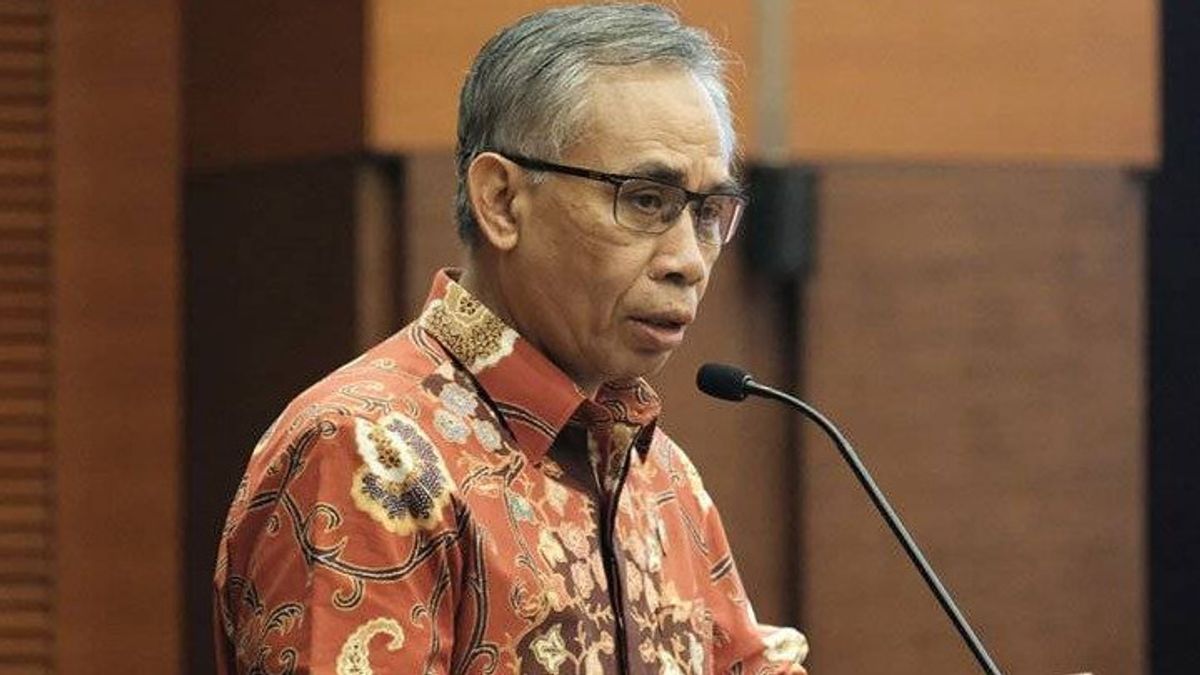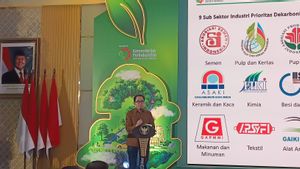JAKARTA - The Financial Services Authority (OJK) assesses that the policy of the Implementation of Micro Emergency Community Activity Restrictions (PPKM) will have an impact on the national economy. One of them is credit distribution that is not as optimal as usual. This year, OJK targets lending this year to grow in the range of 6 percent plus minus 1 percent.
Chairman of the OJK Board of Commissioners, Wimboh Santoso, said the target was down from the previous 7 percent plus minus 1 percent. Meanwhile, Third Party Funds (DPK) are projected to grow in the range of 11 percent plus minus 1 percent.
"In the future, the intermediation function has the potential to be under pressure again along with the implementation of the policy to control the spread of COVID-19 through the Emergency Micro PPKM," he said in a virtual discussion, Tuesday, July 6.
Until this April, said Wimboh, the growth of national banking credit was still slowing down by minus 0.26 percent on a monthly basis or month to month (mtm) and minus 2.28 percent on an annual basis or year on year (yoy). Meanwhile, in May conditions began to show improvement to 0.59 percent mtm and minus 1.28 percent yoy.
Wimboh said, although in general the stability of financial services was maintained where capital and liquidity were still quite good, demand for credit was still difficult, especially from large-scale debtors.
Corporate debtors from sectors directly affected by the COVID-19 pandemic such as transportation, restaurants, hotels, and other downstream sectors are not fully ready to require working capital loans as under normal conditions.
Under normal conditions, interest rates are quite influential in encouraging credit demand. However, during this pandemic, the decline in interest rates has not had a significant effect because there are structural problems in the market.
"Sectors directly affected by the pandemic do not need working capital credit or investment credit as before COVID. Manufacturing is not yet full of production capacity," he said.
Moreover, said Wimboh, related to tourism, airlines also have not many passengers, restaurants have not many visitors. "That has a very big impact on job creation and credit demand," he explained.
The English, Chinese, Japanese, Arabic, and French versions are automatically generated by the AI. So there may still be inaccuracies in translating, please always see Indonesian as our main language. (system supported by DigitalSiber.id)













